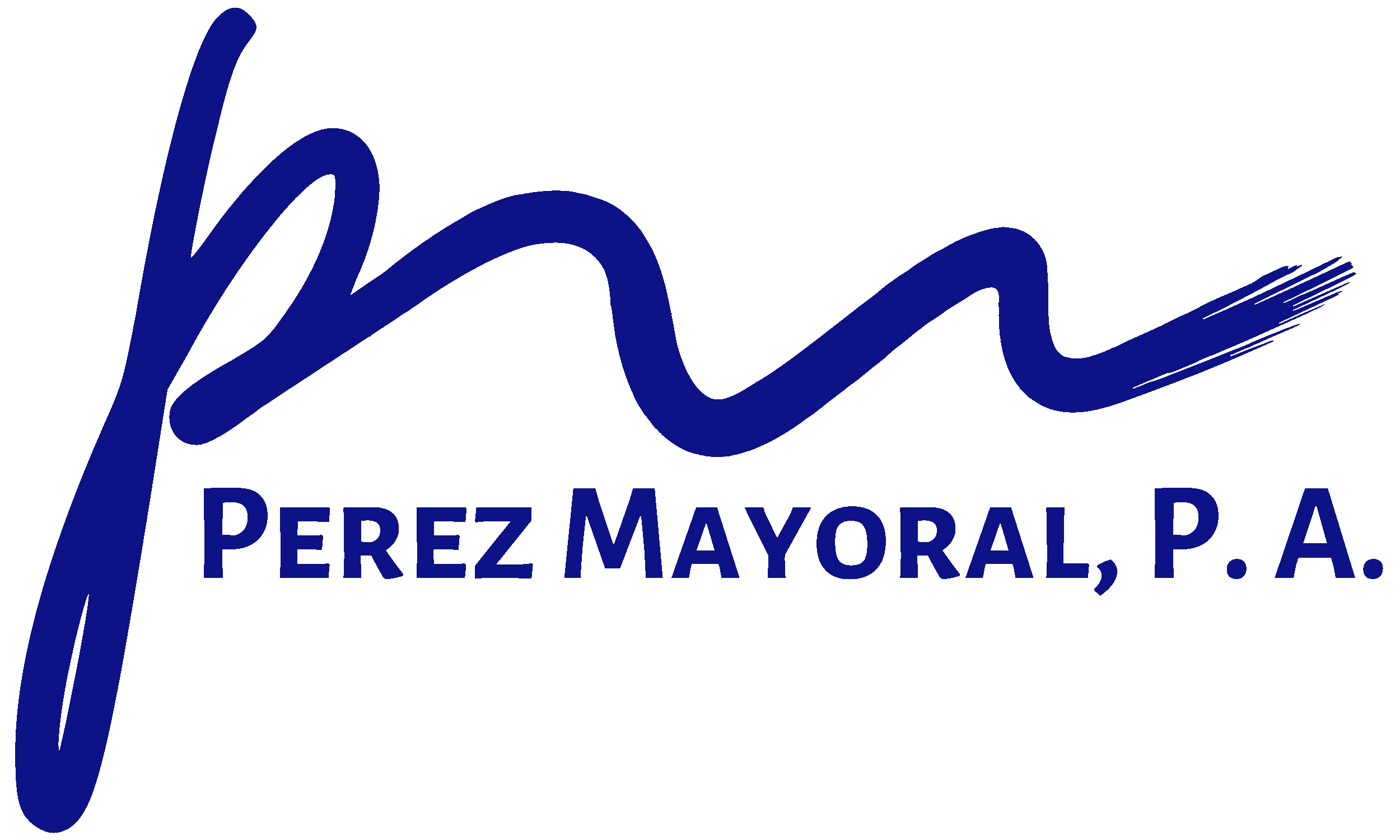You do not want to make the mistake of assuming that you can ignore the terms of a non-disclosure agreement (NDA) you signed. Assuming that the document complied with our state’s regulations about non-disclosure agreements when written and executed, a Florida court will likely find it enforceable.
Whether you want to draft a non-disclosure agreement for signature by your employees or you want to find out if an NDA you signed is enforceable, a Miami, Florida breach of contract attorney would be a valuable resource for you. Let’s dive a little deeper into the question of whether those non-disclosure agreements are enforceable.
When Non-Disclosure Agreements Are Enforceable
Florida law says that non-disclosure agreements are enforceable if the drafting party can justify the existence of the document with a legitimate business interest. Non-disclosure agreements can protect trade secrets, sensitive business data, and other things that a business would want to keep confidential.
Frequently, you can find non-disclosure agreements getting used in situations like these:
- Employment contracts
- Partnerships
- Independent contractor agreements where the worker needs access to confidential information to perform their work
- Mergers and acquisitions
- Supply chain relationships among manufacturers, distributors, and marketers
Also, non-disclosure agreements commonly get used when people settle a legal claim. The defendant often does not want other potential claimants to know how much money they paid in settlement.
Factors That Can Make an NDA Unenforceable
Florida courts will look to industry standards when reviewing non-disclosure agreements. Let’s say that an employer forces new hires to sign a non-disclosure agreement. The NDA includes information that is not confidential because it is public knowledge or something that has not been kept a secret. An agreement like that would probably be unenforceable.
When the language of an NDA is overly restrictive or broad, Florida courts are unlikely to enforce it. For example, an NDA that prohibits employees from discussing anything that happened at the workplace during their employment would likely be too broad to have a legitimate business interest. A document restricting employees from disclosures for 100 years after they leave their jobs would be too restrictive. The duration of an NDA must be reasonable.
Consequences of Violating a Non-Disclosure Agreement
When someone violates an NDA, the other party to the contract could take legal action. Depending on the type of violation, an employer might sue a current or former employee for breach of contract in that they violated the NDA. The employer might also sue the violator for copyright infringement, violations of intellectual property law, misappropriation of trade secrets, and breach of the employee’s fiduciary duty.
An employer might file a lawsuit seeking both injunctive relief and financial penalties. In this type of case, the employer might ask the court to order the breaching party to stop violating the non-disclosure agreement. Also, the employer could ask the court to award money damages for the financial repercussions they suffered as a result of the NDA breach.
You will want to work with a Miami, Florida business attorney on your non-disclosure agreement situation to make sure that your documents are enforceable or to find out if the NDA you signed is likely to get enforced. For legal help with your case get in touch with our office today, we offer a free consultation.


